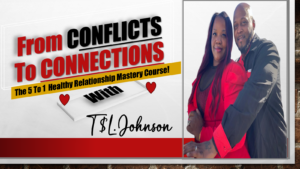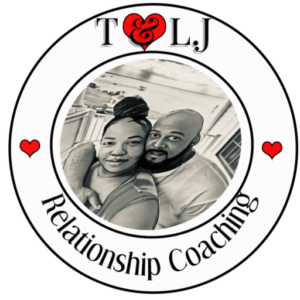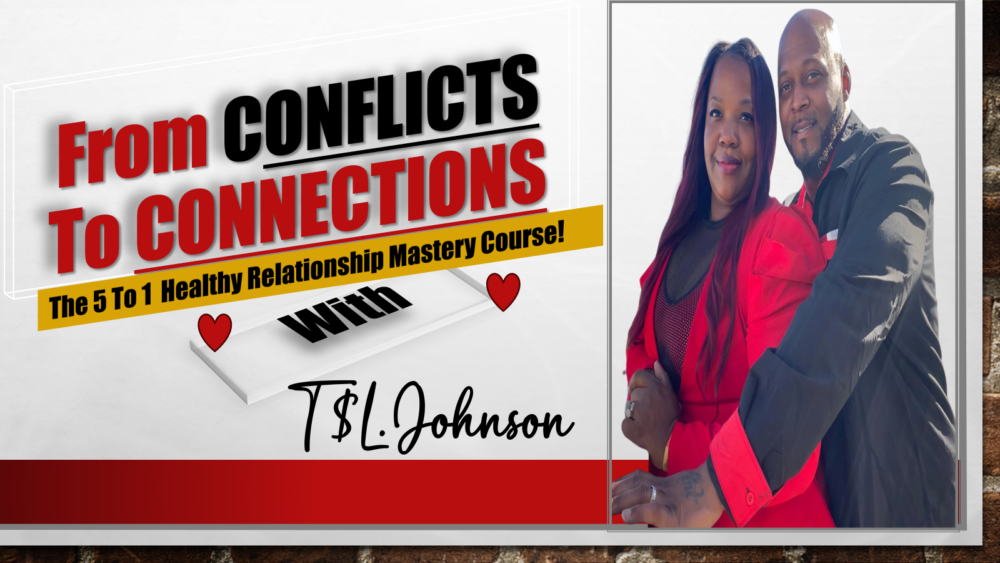Understanding the Essence of Language
Defining Language Beyond Words
When I think about language, it strikes me that it’s way more than just a collection of words strung together. Language is an art form, a form of expression that can evoke emotions, inspire action, and create connections that transcend mere phrases. I often remind myself that the words we choose can either uplift or diminish, depending on how we wield them.
In my experience, tapping into the deeper essence of language often requires stepping back and truly understanding what lies behind our words. Every expression carries a cultural load and a personal context that influences how it’s perceived. It’s like painting a picture; a simple stroke can have various interpretations depending on how and where you place it. So, learning to appreciate language beyond the literal meaning is crucial.
Ultimately, understanding this essence allows me to communicate not just for the sake of conversation, but to forge meaningful connections. It’s about listening to the rhythms of language and responding in ways that resonate with others. In this sense, the love we infuse into our words can transform our interactions.
The Power of Emotional Connection
Building Relationships Through Words
Have you ever noticed that some conversations stick with you long after they’ve ended? That’s the power of emotional connection—words woven with love have a way of lingering in our hearts. From my interactions, I’ve realized that when I use language infused with authenticity and empathy, it creates bonds that are deeply rooted in understanding.
One key lesson I’ve learned in my journey is that the tone of our conversations matters just as much as the content. A comforting tone can make all the difference in how a message is received. I try to speak from a place of warmth and openness, making it easier to engage with others on a personal level. This emotional connection transforms ordinary exchanges into substantial conversations.
It’s not just about what we say but how we say it. When I express gratitude or appreciation, the way I phrase it can spark joy in the other person, creating an emotional bond that often extends beyond that single interaction. This has taught me that language, when delivered with emotion, can have a ripple effect on relationships.
Active Listening: The Heart of Communication
The Importance of Listening
I’ve come to realize that effective communication isn’t just about speaking; it’s also about listening. Active listening is the skill that allows us to engage fully with others. It’s amazing how often we might nod along but miss the deeper meaning of what someone is saying. When I take the time to actually listen, it opens up a dialogue that’s richer and more meaningful.
In my experience, acknowledging the speaker’s emotions and perspectives not only helps me respond thoughtfully but also allows the other person to feel valued. Simple actions like maintaining eye contact or offering verbal affirmations can make the world of difference. They signal to the speaker that I am present, engaged, and empathetic to their feelings.
Moreover, when I listen actively, I gain insights that can enhance my responses. It becomes a beautiful conversation dance—where every step is informed by the other. I find that this mutual exchange fosters more profound connections and can dissolve barriers of misunderstanding.
Choosing Words Wisely
The Impact of Our Vocabulary
The words we choose have a significant impact on our interactions. I’ve learned to pay attention to my vocabulary, as it reflects my beliefs and values. Each word can paint a different picture or set a different tone in a conversation, so I try to choose those that uplift, inspire, or encourage understanding.

For instance, instead of using words that might come off as harsh or negative, I aim to frame my thoughts positively. When providing feedback or expressing dissatisfaction, I focus on constructive language that fosters growth rather than criticism. It’s not always easy, but I find it creates a more supportive environment for honest communication.
Moreover, my experiences have shown me how inclusive language can open doors to deeper conversations. Using terms and phrases that acknowledge diversity encourages a richer exchange of ideas and fosters respect. It’s powerful how small changes in wording can lead to a more appreciative atmosphere, where everyone feels heard and valued.
The Art of Nonverbal Communication
Understanding Body Language
While words are important, body language plays an equally crucial role in how we communicate. I’ve learned that our gestures, facial expressions, and posture can convey messages just as strong as any spoken language. In many cases, these unspoken cues can reinforce or contradict what we say, so it’s worth paying attention.
For example, when I’m speaking with someone, the way I position my body can signal my level of engagement. Leaning in slightly can indicate interest, while crossed arms might suggest defensiveness. Learning to read these signals in others has also helped me adjust my responses to align with their feelings and comfort levels.
On the flip side, I also recognize the importance of aligning my words with my nonverbal signals. Consistency between what I say and how I say it enhances authenticity, allowing others to trust in the message I’m delivering. The synergy between verbal and nonverbal cues creates a complete communication experience that resonates on a deeper emotional level.
FAQ
What is the main idea behind “Where Love and Language Collide”?
The main idea is about understanding that language is more than words; it’s an emotional, cultural experience that allows us to connect deeply with others.
How can I improve my emotional connections through language?
You can improve emotional connections by using authentic and empathetic language. Focus on building rapport and being present in conversations.
What role does active listening play in effective communication?
Active listening is crucial as it allows you to truly engage with the speaker, showing them that you value their thoughts and feelings, leading to deeper conversations.
How can I choose my words more wisely?
Focus on framing your thoughts positively and consider the impact of your vocabulary. Using inclusive and constructive language fosters a more supportive communication environment.
What is nonverbal communication and why is it important?
Nonverbal communication involves body language, facial expressions, and gestures. It’s important because it can reinforce or contradict our spoken words, affecting how our message is received.

Schedule Your First 20-Minute Coaching
Call With Us Today to see if we fit . You pick the price!
Click Here






